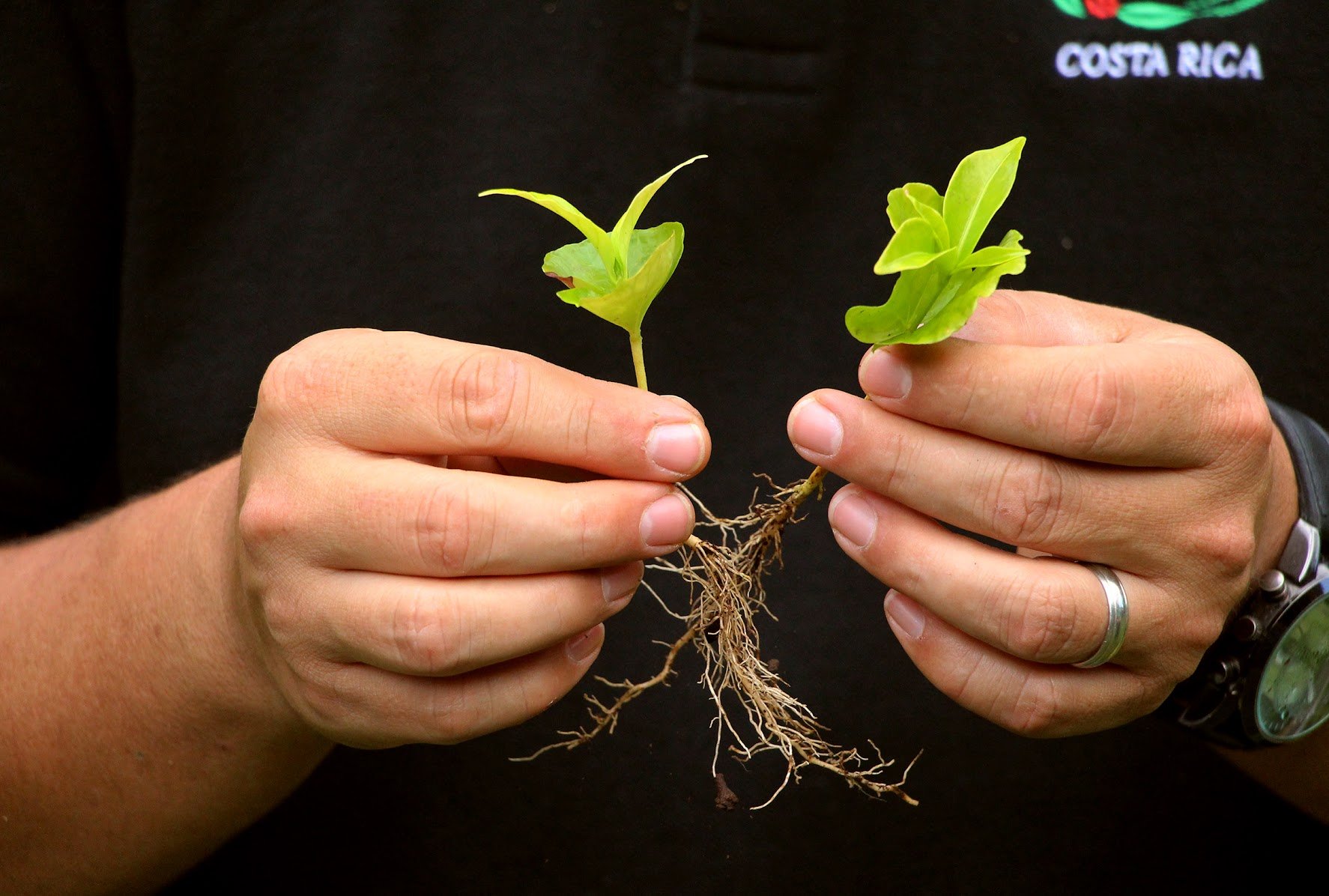
Radical Reciprocity
Radical Reciprocity is a call for a new and liberated land grant that’s rooted in new models of university-community relationships. We think it’s time for land grant and other public serving institutions to go beyond seeking out and including historically marginalized communities and their knowledges. We need to get beyond our historical exclusion, elitism and separation and open up as brave and convening spaces that “fit many worlds into one.” Join us here as we use radical reciprocity to reimagine the land grant and its public promise from the roots up.
Elements of Radical Reciprocity
-
Community enfranchisement is intentionally sought by the re-construction of public-serving institution-community borders as permeable. Communities see the institution as both institution and community space. Community partners have decision-making power in public-serving institution-community projects. (See Eisenstein’s notion of the ability to set the table and co-create the menu vs. a place at the table)
-
Knowledge, including lived experience, flows both ways between public-serving institutions and communities.
-
Conscious ontological engagement with and building of “worlds” through devaluation of “expert” knowledge in favor of co-generation of multiple knowledge (or worlds). Public serving institutions seek to become a “world in which many worlds fit.”
-
Public serving institution-community relationships include a process that intentionally seeks to uproot, trace, understand, engage, and address root causes and legacies of exclusionary practices, inequity, oppression, and other systemic causes of harm to communities and to the democratic purpose of public serving institutions.
-
Relationships co-create and sustain clear benefits for all involved.
-
Parties seek to understand and disrupt relational systems of power and privilege so that collaborations ensure community autonomy in relationship to the public serving institution.
-
Projects, programs and relationships are intentionally co-generated from inception.
-
The public-serving institution is removed from the power center of relationships, thus delegitimizing elitism in public-serving institutions in their relationships with communities.
-
Public serving institution-community relationships explore and implement substantive actions that create cultural, psychological, and economic freedom for indigenous and other people marginalized by settler colonialism.
-
Seeks to expand the responsibility of public-serving institutions in their relationships with communities. Does not seek to limit public interest, non-profit, fiduciary, commercialization and other public-serving institution-community relationship forms as all forms can be expansively re-aligned to be pluriversal, autonomous, co-constructive, radical, reciprocal and inclusive.
Dig Deeper
-

Germinate
Investigate the origins of radical reciprocity in our new podcast and in an analysis of the tensions embedded in the land-grant model.
-

Cultivate
Read the stories of teachers, learners, and communities using elements of radical reciprocity and share your own.
